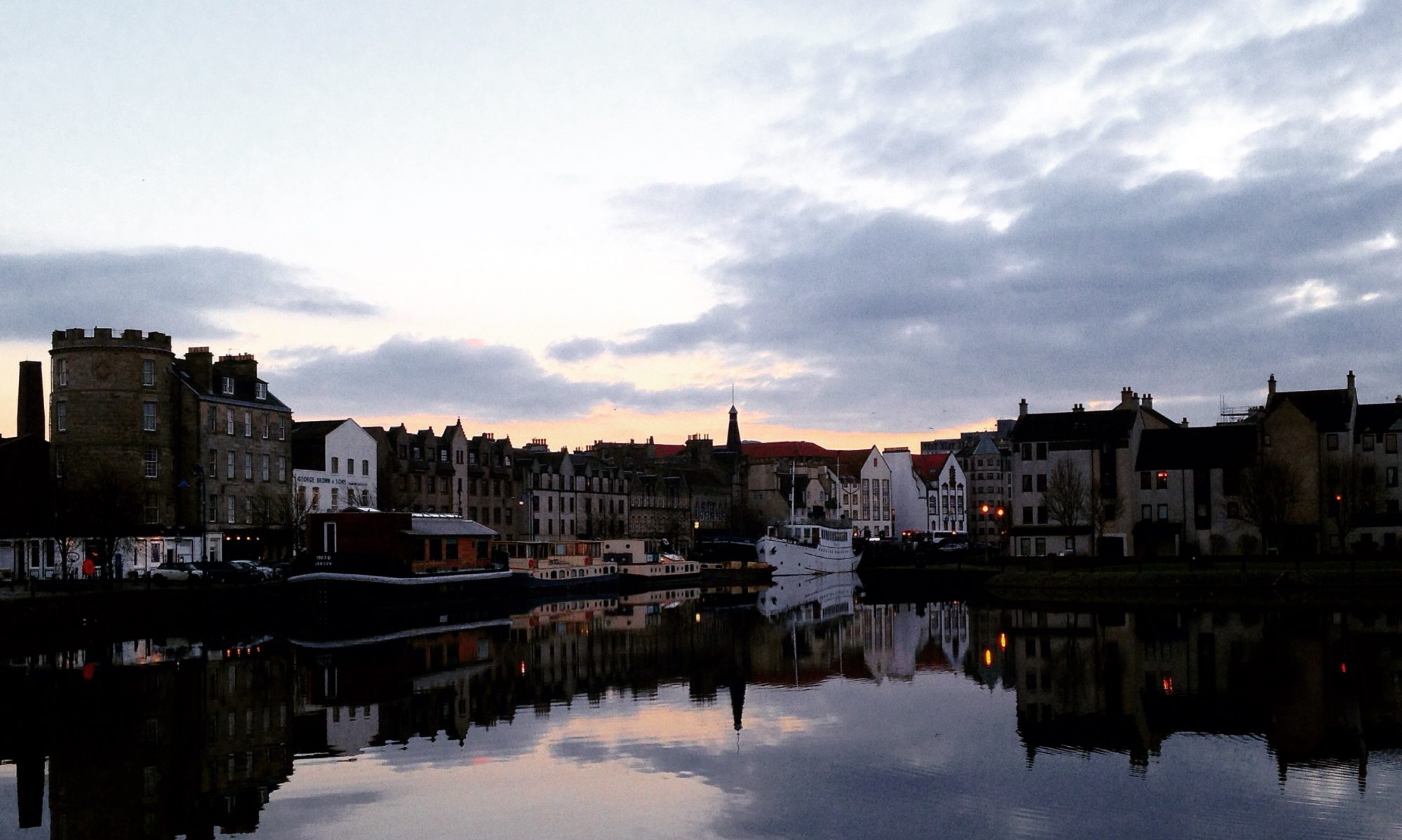This term in LBST 200, I had a chance to put names, terms and methods to different research paradigms. Before September I would have been hard pressed to truly explain the differences between methods and purposes, between the scientific, interpretive and the critical paradigm. This class has taught me not only how to focus on my writing by applying specific methodology to my research, but how certain methods within paradigms are better used for different types of research projects. It was interesting to think about how these research paradigms fit into a context outside of university, and applying them to social issues and personal research.
The most challenging part of this course was learning how to conduct effective interviews. I don’t have a natural talent when it comes to creating conversations that flow naturally. In module two, when we had to interview a stranger about an issue at Capilano I got creative and interviewed an acquittance of an acquaintance instead. I conducted the interview using the practices we learned in the Hermanowicz article, but the conversation proved to be stilted. I knew that I had to strengthen my probe questions to prevent silences from occurring between questions and use them to draw out responses that create further dialogue. While inducting interviews for my final project, I created a list of probe questions for each individual question I asked and while I cannot admit that the interviews went flawlessly—enter Rome proverb here—I did feel confident that I had gotten quite a bit out of each interviewee.
The most rewarding mode of research to me was the archival work. As someone who appreciates history, it was fascinating too look through the old Capilano calendars, looking at the patterns and changes that occurred throughout the years. I used archival methods for the majority of my final paper, working with a small section of over thirty calendars. It was a lot of research to sift through that could have easily become overwhelming, so I had to improve the way I took notes. In the end, I believe that I did a throughout job of identifying and separating important information.
While my grad project is still a couple years away, I have thought about combining my personal interest in mythology with my academic strengths and interests in English, creative writing and geography. With those interests, I plan to chiefly use archival work to find and decipher old texts involving myths and storytelling. However, depending on the direction I end up going in, I would be interested in conducting interviews to collect peoples’ experiences with myth and storytelling in different contexts. This class has given me the opportunity to develop skills on both research methods, one that I enjoy and one that doesn’t come easily to me, skills that will be valuable in producing a throughout, insightful and stimulating grad project.
